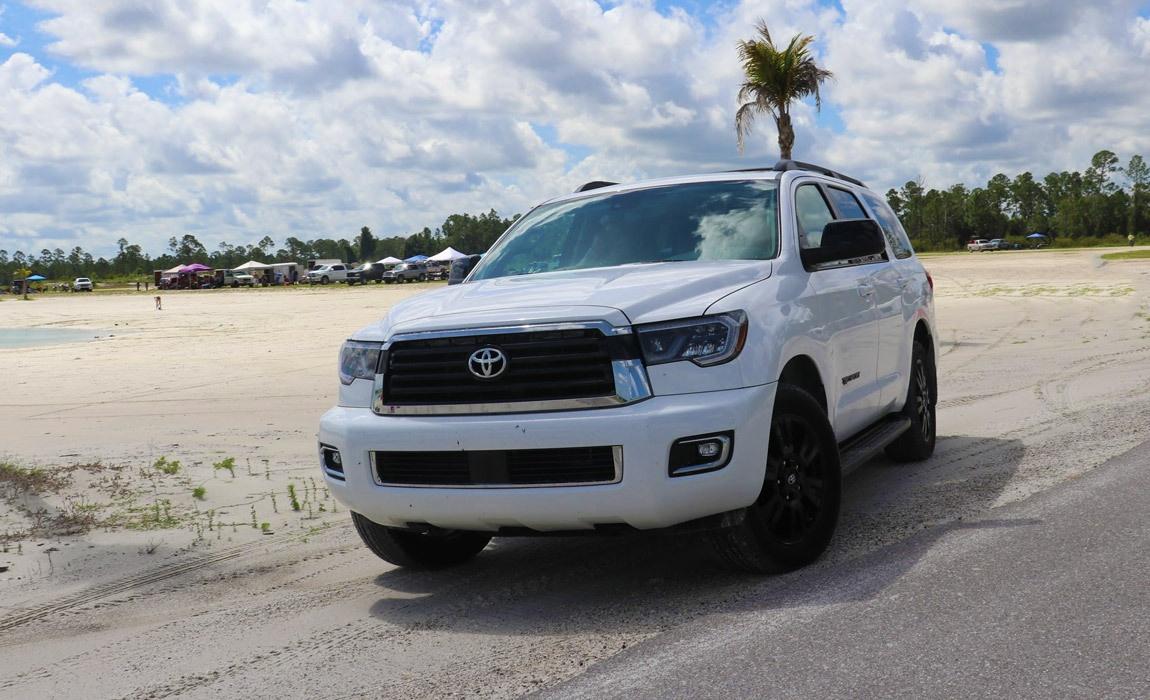There are a variety of benefits to buying a car second-hand. For instance, you might be able to buy a better class of vehicles. That’s useful if you want to make a great first impression. Older cars also solve the issue of depreciation and depreciation is a massive problem when you buy a vehicle. It can cause you to lose a fortune. A second-hand car will soften the blow because cars depreciate the most in their first few years on the road. That said, there are a few mistakes that you need to avoid here. So, let’s dive in.
Not Doing Research Before Contacting The Seller
In today's market, there is no excuse not to check online review sites to check ratings on vehicles before making a purchase decision. However, there are other resources that are sometimes ignored. For instance, you can check estimated used car prices on sites like Kelley Blue Book or even going to Carvana or Carmax to see what they are offering in terms of both sales and purchase offers.
By knowing approximately what these sellers would value a purchase, you can have a stronger position for deciding how much you are willing to spend when presenting your offer to the potential seller.
Forgetting The Test Drive
Through 2020, people were still selling cars. What many dealers weren’t doing was offering test drivers. This is similar to the fact that you could technically buy a new house or rent a property but you could only attend a virtual viewing and that’s a problem. There are certain things that won’t show up when you look at home virtually. Similarly, there are issues with cars that won’t show up through pictures. One example would be the steering. Older cars can have balance issues and if you’re constantly having to turn in against a car leaning right, it makes it more difficult and dangerous to drive. At the very least you should know what you’re getting.
Choosing Not To Conduct A Pre-Purchase Inspection
Some of you may already be automotive experts but most men aren't. Before exchanging cash for keys, make sure to take the vehicle to a mechanic for a professional inspection as well as review of title to ensure that there's no hidden damage or repair history.
Ignoring How Long You’ll Own The Car
Used cars can be great fun but you do need to think realistically about how long you’ll be able to continue driving it before it’s time to sell. This is particularly important if you are planning on buying a new car in finance. You can do this, but if the car is 7 years old, you probably shouldn’t be opting for a finance contract that is more than 4 years. The reality is that by year three, this car is going to have so many expensive issues that the only real option you’ll have is to sell. You can’t do this if your car is on finance so you need to think carefully about how long you are going to keep it.
Forgetting About Insurance
You might think that a second-hand car is going to be cheaper to insure. While this can be the case, it’s not always how it works. The reason for this is that second-hand cars are older and as such can be more dangerous to drive. You should always check insurance premiums before you think about committing to the purchase of a vehicle like this.
We hope this helps you understand everything that you need to know about buying a second-hand vehicle and some of the mistakes or traps that you might fall into if you’re not careful. The reality is that buying a vehicle second hand can be great. It makes things far more affordable, but only if you are choosing the car you purchase carefully and taking the time to research it in detail.

